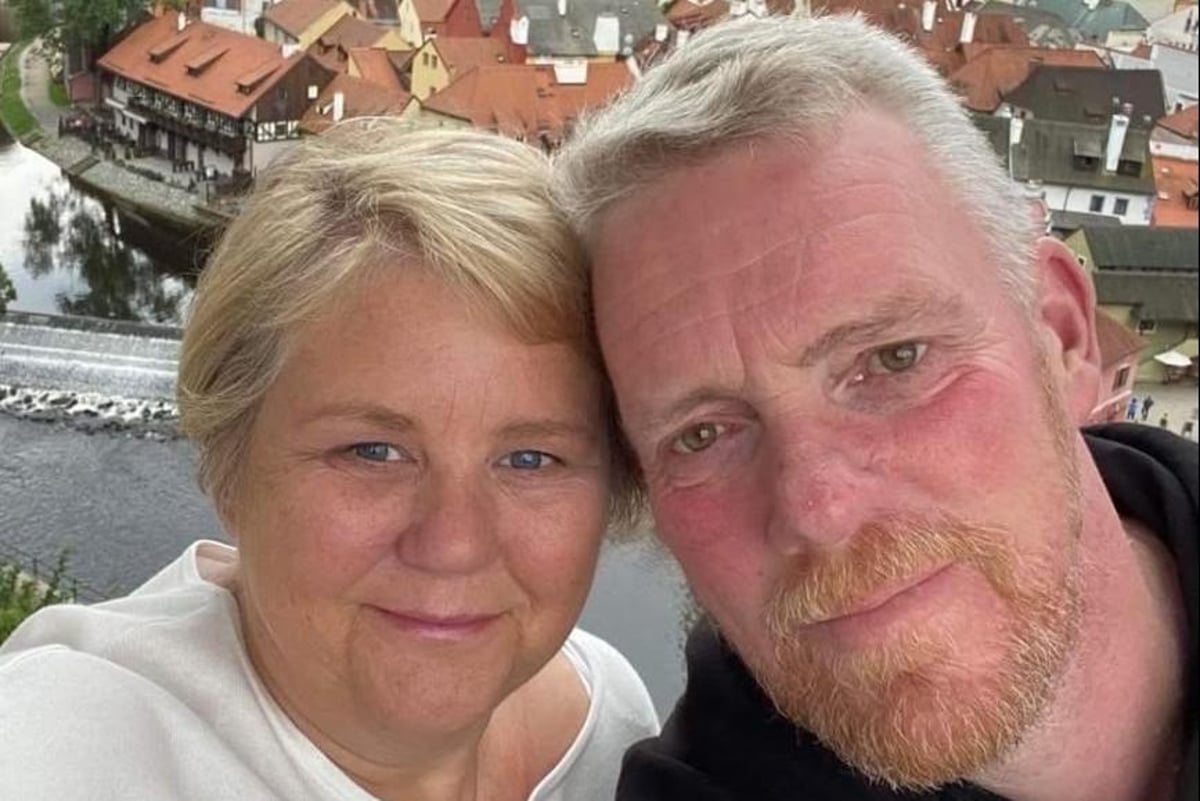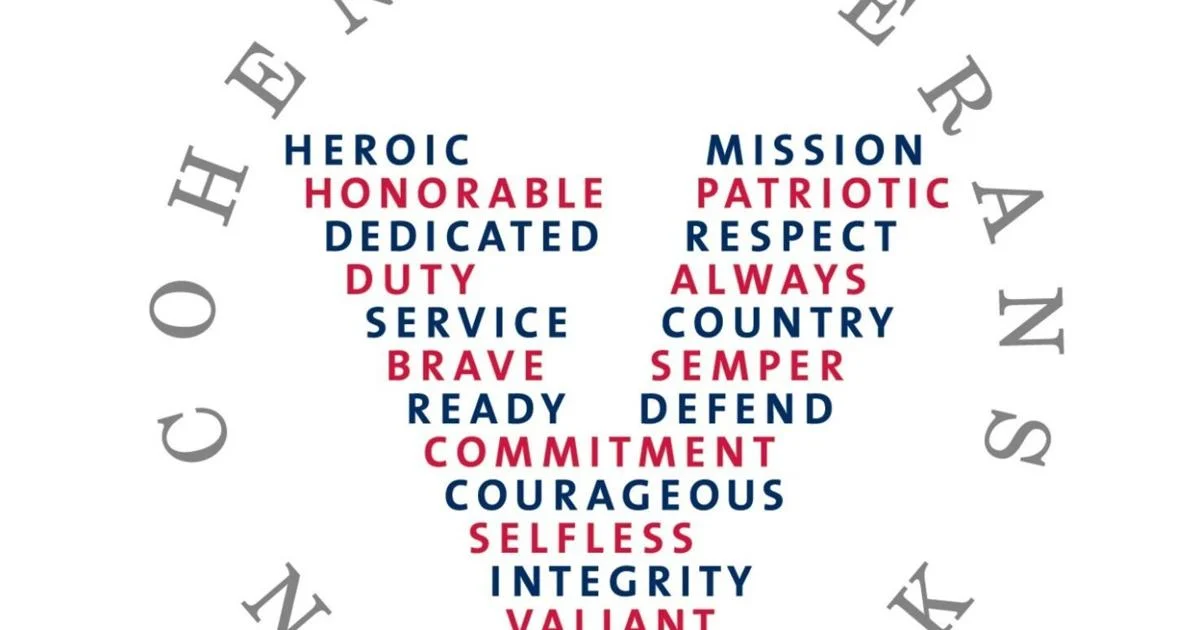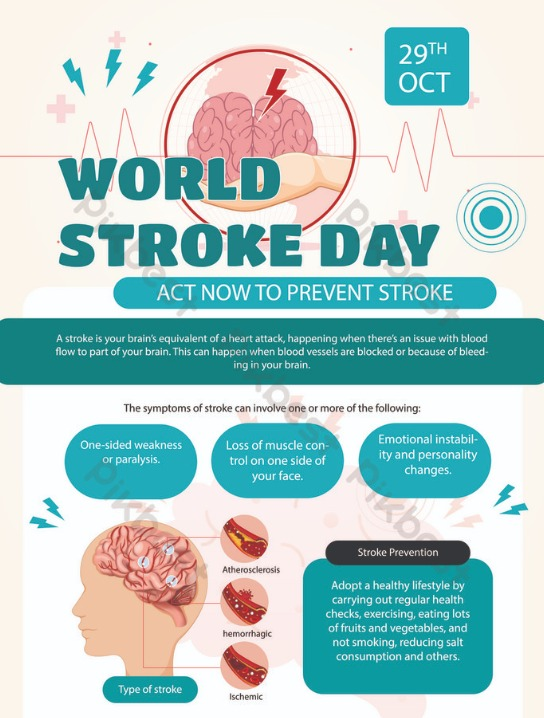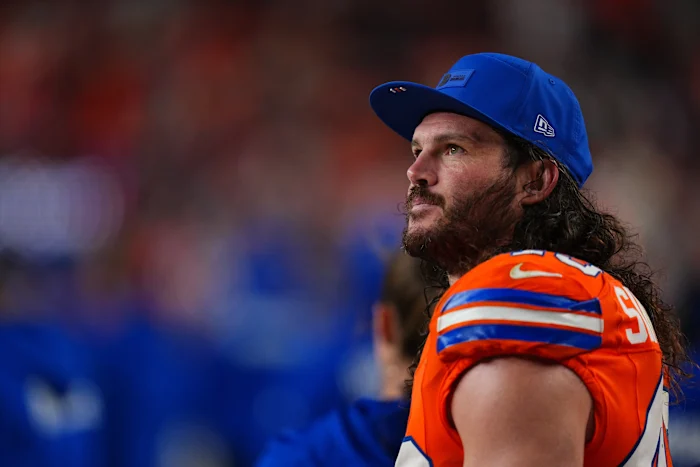Copyright deccanchronicle
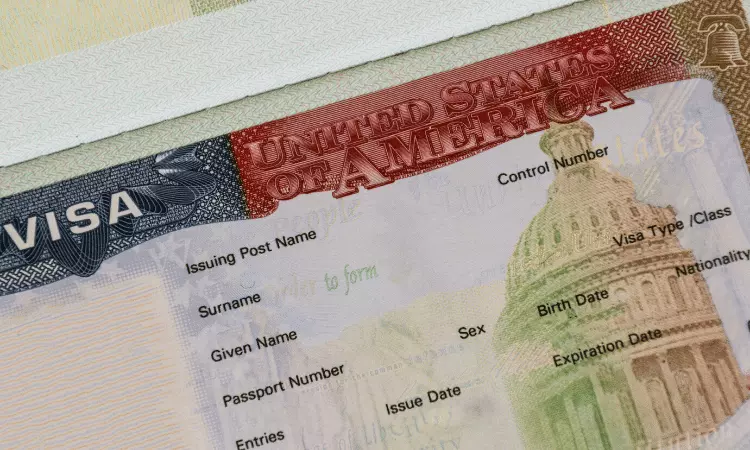
Weeks after making the most popular US visa, the H-1B, exorbitantly expensive, the Donald Trump administration appears keen on shutting down all avenues for foreigners to enter the United States. As part of this agenda, it has expanded the powers of consular officers to deny a visa on the grounds of public charge to any foreigner with lifestyle diseases such as diabetes, obesity, high blood pressure, or sleep apnea.Under the new rules, the visa applicant must satisfy the consular officer that they have sufficient financial resources to cover healthcare costs for their entire lifetime without seeking public cash assistance.The rules also require consular officers to consider the health of family members, including children and elderly parents, when determining the public charge criterion. This allows the officer to deny a visa by citing possible future or unforeseen health complications of dependents that could affect the applicant’s ability to earn a livelihood.The new restrictions appear to be aimed at ensuring that only wealthy or highly skilled foreigners enter the US. Those who want to build a career based on entrepreneurial spirit alone may not receive visas.Although experts believe that the public charge rule will primarily be invoked for long-term visas, the US Immigration and Nationality Act views every foreigner seeking to enter the US—even on a nonimmigrant visa — as a potential immigrant. As such, consular officers will have the authority to deny visas to tourists and students as well.With these restrictions, the Trump administration has effectively ended the Indian fascination with the US visa that began in the late 1990s. In the short term, this may negatively impact India by reducing foreign remittances. However, on the positive side, it may also prevent the emigration of highly talented entrepreneurial Indians, thereby allowing India to benefit from their contributions at home.
